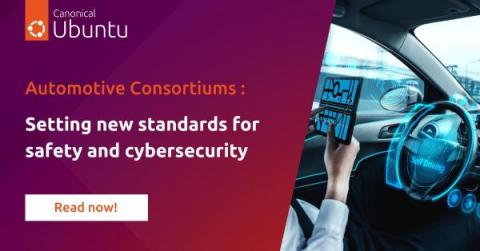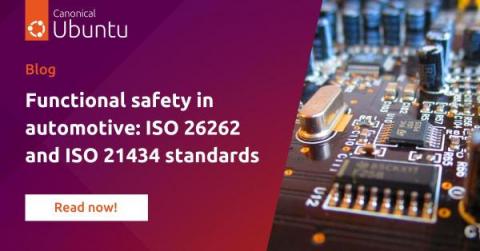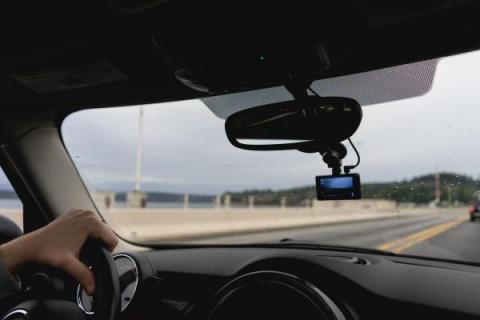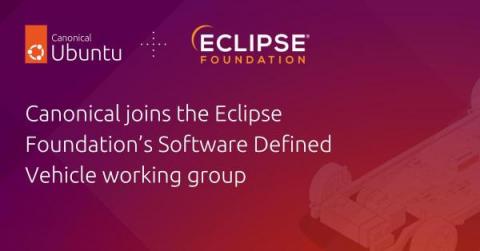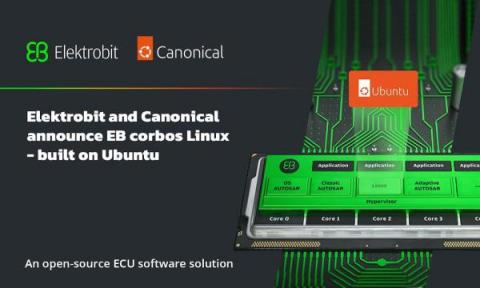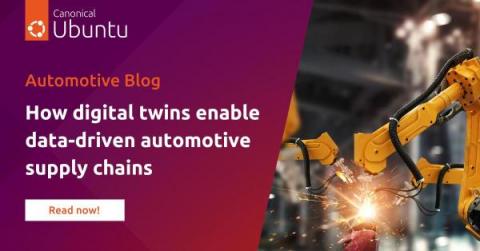Automotive consortiums: Setting new standards for safety and cybersecurity
Canonical strongly believes that the future of automotive will rely on open source to define and run the next generation of vehicles. To drive this transition, state-of-the-art cybersecurity and functional safety are critical. To learn more about the industry’s specific constraints, we are actively involved in several automotive consortiums and are contributing to automotive-related standards.


